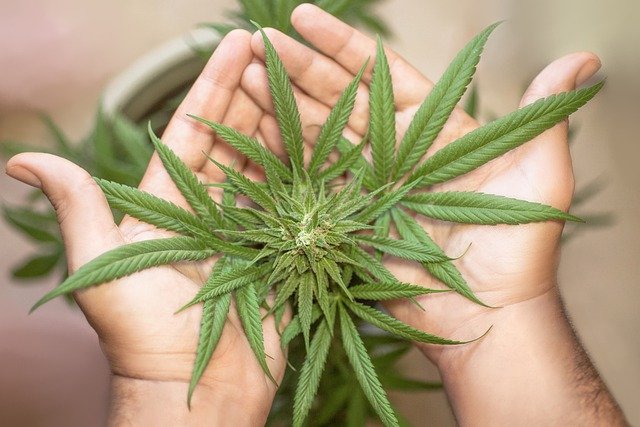The Green Revolution: The Benefits of Nationwide Legalization of Cannabis
In recent years, there’s been a significant shift in the legislative landscape surrounding cannabis in the United States. With changing rules in Washington DC, the conversation around the nationwide legalization of both recreational and medicinal cannabis, coupled with the investment in sustainable hemp farming, has gained momentum. Let’s take a closer look at a few of the multifaceted benefits of this green revolution and how it can positively impact various sectors of society.
Economic Growth and Job Creation
If we legalize weed nationwide, think about the jobs it could create – from growing and selling to researching new uses. Legalizing cannabis could generate tax revenue to upgrade public services and infrastructure. The burgeoning cannabis market could funnel billions into the economy, sparking growth across various sectors. Legalizing cannabis not only promises a surge in legitimate business but could also cut down on shady dealings and crime that come with the underground market.
Legalizing weed has the potential to generate immense profits by creating a legal cannabis market that could generate billions of dollars in revenue. This will not only stimulate economic growth but also create various business opportunities, benefiting not only the cannabis industry but also other sectors of the economy.
Medical Advancements and Public Health
Opening the door to legal cannabis can boost research efforts, letting scientists dig deeper into its possible perks for health. By unlocking cannabis’ secrets through research, we can create targeted treatments and make smart choices about its applications. Clinical trials can reveal the most effective and safest doses.
We need rigorous trials to figure out just how well and safely cannabis compounds do their job. Clinical trials can reveal if certain cannabis compounds are effective and safe, as well as any risks or benefits of using them. Clinical trials can also tell us if any risks are associated with using a particular compound or combination of compounds. Analyzing the risks and benefits helps decide if medical cannabis can help.
Criminal Justice Reform
Legalizing marijuana has gained attention and sparked debates. One of the potential advantages of legalizing marijuana is that it could reduce the number of individuals incarcerated for cannabis-related offenses, which is a major cause of prison overcrowding. Additionally, it may help to address racial imbalances in drug enforcement, as current cannabis laws disproportionately affect minorities. Legalization could also free up resources to support individuals experiencing homelessness or poverty.
Environmental Sustainability and Hemp Farming
Hemp farming is a key component of the green revolution. Hemp thrives with minimal water and fewer chemicals, making it a game-changer for eco-friendly agriculture. Hemp demands little in the way of water and pesticides yet offers robust solutions for eco-friendly textiles, compostable plastics, and sturdy building supplies.
Hemp’s rise in agriculture could turn the tide toward greener practices, slashing the need for water and harsh chemicals. Growing hemp offers a boost to job markets in the countryside, giving folks new ways to make a living. Hemp doesn’t just boost rural jobs; it’s also a champ at pulling CO2 from the air, tackling climate change head-on.
The nationwide legalization of recreational and medicinal cannabis, along with the investment in sustainable hemp farming, presents a unique opportunity to address economic, medical, environmental, and social issues in a holistic manner. As the rules continue to evolve in Washington, DC, embracing these changes is crucial, recognizing the potential benefits and working collectively towards a greener and more equitable future. This revolution is not just about cannabis; it’s about unlocking a world of health, justice, and sustainability possibilities.

